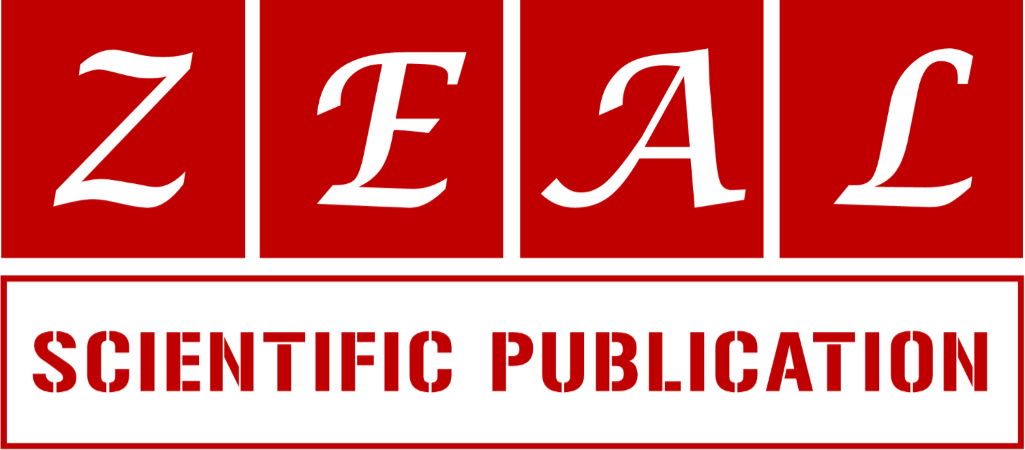Integration of Artificial Intelligence (AI) Into Academic Literature Reviews: An overview
1 Department of Criminal Justice and Criminology, University of Arkansas at Little Rock, United States.
2 Educational Policy, Research & Administration (EPRA), University: University of Massachusetts Amherst, United States.
3 Department of Business, Westcliff University Irvine, California, United States.
Review
World Journal of Advanced Science and Technology, 2025, 07(01), 006-023.
Article DOI: 10.53346/wjast.2025.7.1.0010
Publication history:
Received on 23 December 2024; revised on 25 January 2025; accepted on 28 January 2025
Abstract:
Introduction: The use of Artificial Intelligence (AI) in academic research has transformed the methodology of literature reviews, providing increased efficiency, wider scope, and superior analytical skills. This change poses concerns around ethical use, methodological openness, and the significance of human judgement in AI-assisted procedures.
Materials and Methods: This research used a PRISMA-compliant systematic review technique to investigate the ethical and effective application of AI in literature reviews. A thorough search was performed across databases including Web of Science, Scopus, IEEE Xplore, ACM Digital Library, and Google Scholar using keywords such as “AI and academic writing,” “AI in literature reviews,” and “machine-assisted literature review.” The analysis included peer-reviewed studies produced from 2020 to 2024, eliminating non-empirical publications and those irrelevant to AI in academic literature review procedures.
Results: The preliminary search yielded 1,153 publications. Following the elimination of duplicates and a multi-tiered screening process, 229 studies were chosen for final evaluation. The results emphasised critical topics like the need of openness, human supervision, source validation, ethical tool selection, and training for responsible AI use. Identified challenges including algorithmic bias, insufficient contextual comprehension, and concerns around repeatability and data privacy.
Discussion: The research indicates that while AI may greatly enhance the efficiency of literature review processes, it requires vigilant human supervision to protect academic integrity. Ethical concerns, such as intellectual property rights and data security, need comprehensive institutional policies and user understanding. Moreover, the need for explicit documentation and replication highlights the significance of integrating AI skills with human intellectual discernment.
Conclusion: Artificial intelligence is a potent instrument for augmenting academic literature evaluations; yet, it cannot replace human competence. Researchers must prioritise openness, ethical norms, and ongoing training to guarantee responsible use. A hybrid methodology that combines AI efficiency with human critical assessment presents the most sustainable and academically robust trajectory moving ahead.
Keywords:
Artificial Intelligence; Literature Reviews; Technology Acceptance Model; Information Processing Theory
Full text article in PDF:
Copyright information:
Copyright © 2025 Author(s) retain the copyright of this article. This article is published under the terms of the Creative Commons Attribution Liscense 4.0
